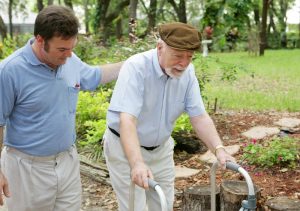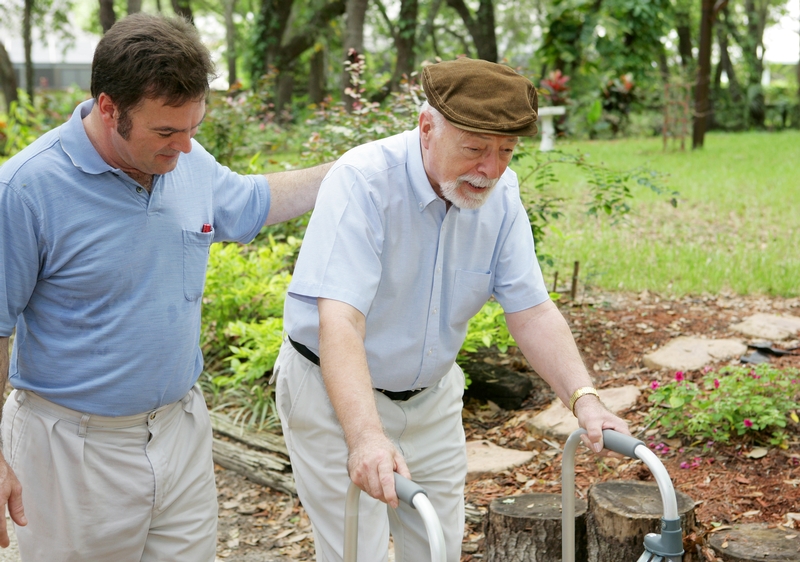 According to SeniorHousingNews.com, just 32% of Americans age 40 and older say they are “very” or “extremely” confident they will have the financial resources to pay for ongoing living assistance. Citing a Long-Term Care Poll conducted by the Associated Press-NORC Center for Public Affairs Research, SHN reported that 35% identified themselves as “somewhat confident” while 30% are “not very” or “not at all” confident.
According to SeniorHousingNews.com, just 32% of Americans age 40 and older say they are “very” or “extremely” confident they will have the financial resources to pay for ongoing living assistance. Citing a Long-Term Care Poll conducted by the Associated Press-NORC Center for Public Affairs Research, SHN reported that 35% identified themselves as “somewhat confident” while 30% are “not very” or “not at all” confident.
“Although a majority of Americans expect they will need long-term care later in life, most are doing little to no planning when it comes to saving for this critical life phase,” SeniorHousingNews.com states. “Two-thirds of Americans age 40 and older reported doing little to no planning for their own care needs (67%) in 2014, compared to just over half reporting this in 2015 (54%).”
It’s important for people to be realistic about their eventual needs. The sooner a person plans for paying for their long-term care, the better off they will be, obviously.
Riverwood Senior Living Vice President of Business Development Jeff Clay said the company seeks to inform potential Assisted Living residents of ways to make the move from the home to a senior living community affordable.
Riverwood works with Elder Life Financial to convert life insurance policies to long-term care.
Those in their 40s and 50s may want to invest in Long-Term Care insurance, which is more affordable the younger and healthier you are at the time of purchase (You’re unlikely to get such a policy if you wait until you are 85, already living in a long-term care community or have a pre-existing health condition that will require long-term care). A policy can preserve savings and assets for family and friends.
Medicaid may fill the gap if the cost of care becomes more than your insurance and income will cover, but services like Medicare or Medicaid generally require an income threshold and don’t pay for everything.
Homeowners who or 62 or older can convert some of their equity in their homes into cash through a reverse mortgage – an option that needs to be taken with great care and attention to fine print.
Veterans and their spouses may be eligible for benefits through the Department of Veterans Affairs to offset at least some of the cost of senior care. Riverwood refers veterans to a company called Elder Resource Benefits to complete the paperwork and walk them through the process.
A Bridge Loan from Elder Life Financial can be useful in paying short-term for the senior to be in an Assisted Living community while waiting on the VA to qualify the veteran or for a home to sell on the real estate market.
Dollars can also go further if a senior is willing to consider a companion living arrangement that splits an apartment in a senior living community with another person.
The upside is potentially saving money that can be applied toward other expenses they face in everyday life.
Clay said it is important for consumers to educate themselves so they can make good informed decisions about long-term care. To learn more about moving to Riverwood Retirement Community, call us at (706) 235-0807.

